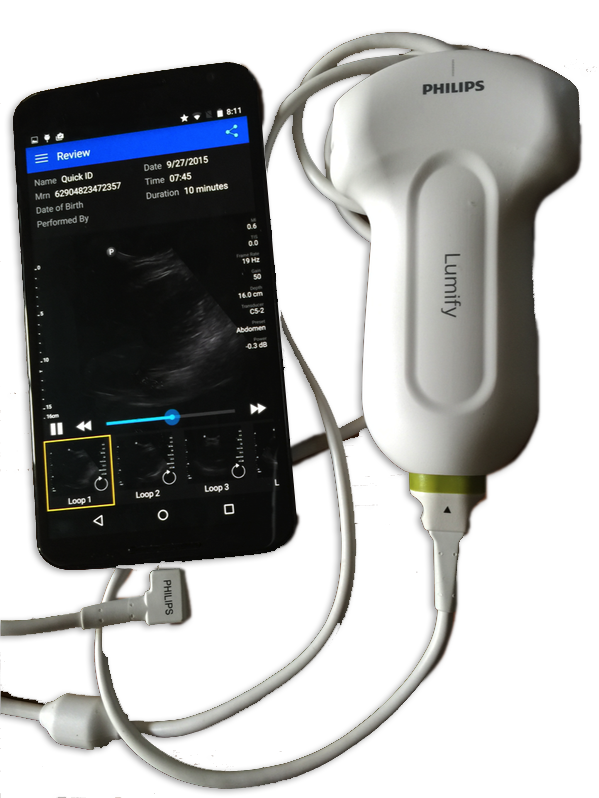We have all been there, with so many machines and models available where do you start?
Full featured POCUS machines can run anywhere from $80,000 to very limited machines that cost a couple of thousand. Which is best for you practice? The answer to this question is highly individualized and dependent upon individual/program needs and mission, resource availability and constraints, and practice or academic environment.
Your practice or academic program may run anywhere from “I just want to learn a couple of applications”, to “we need a machine to do TEE and mitral inflow measurements and TDI”.
First our financial disclaimer: SPOCUS can help you navigate the waters of this huge capital purchase, but we want all our members to understand we do not have a financial relationship with ultrasound manufacturers. This means we don’t make any money from the sale or referrals.
Again, we don’t endorse using any particular company, but this site from Providian Medical will help you make some comparisons between each of the models.








